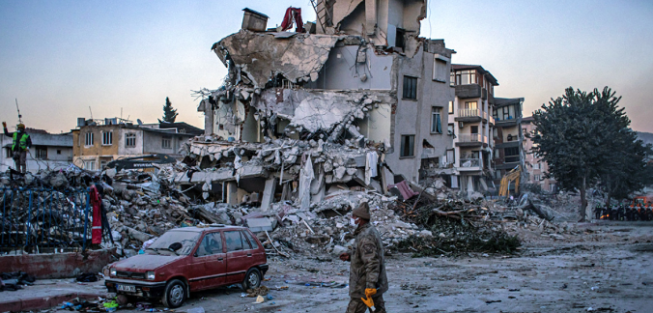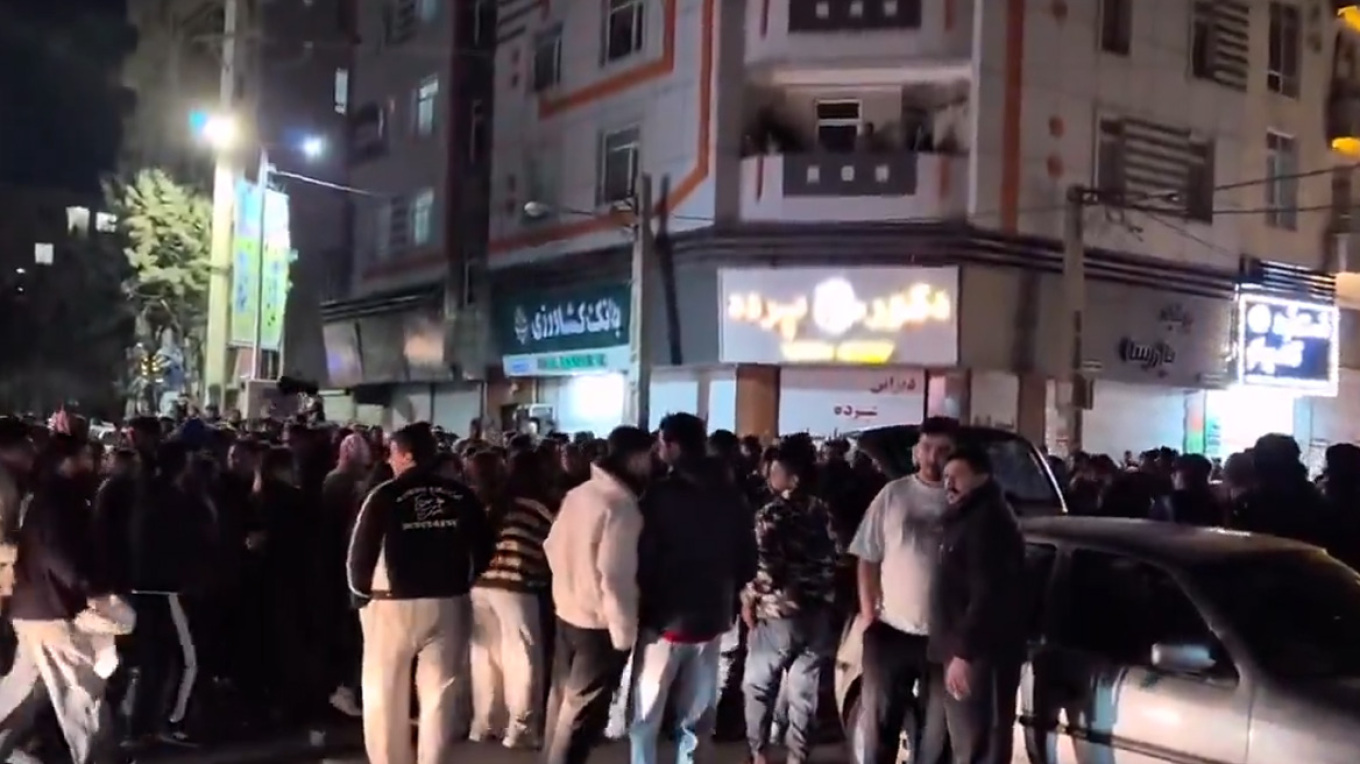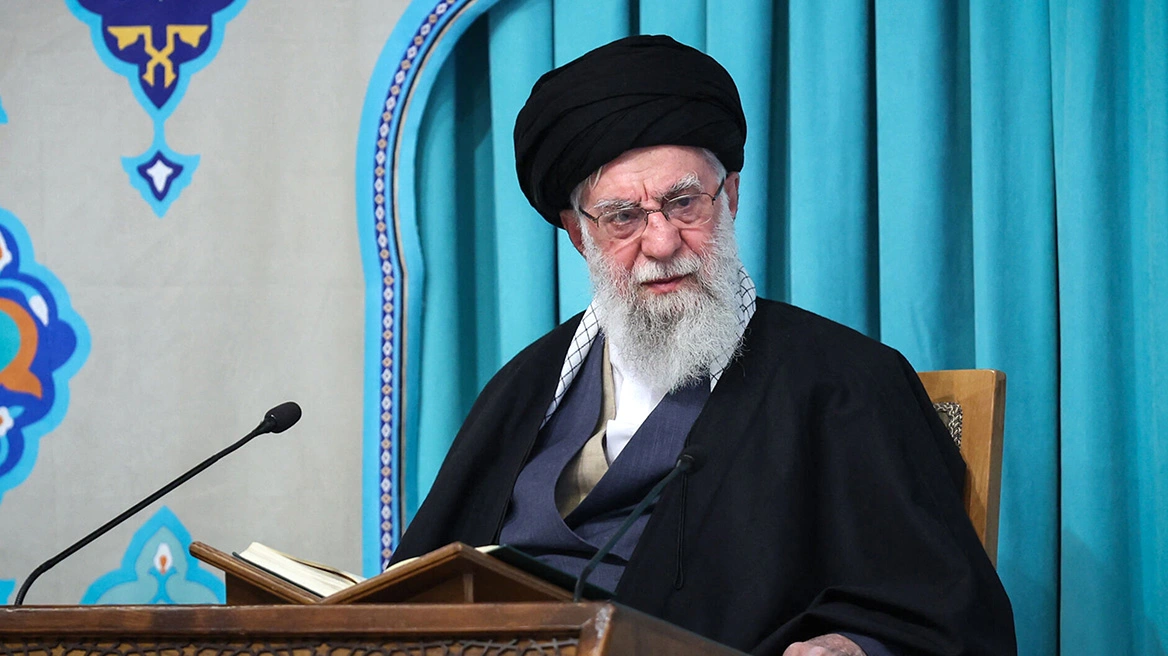At 4:17 am on February 6, an earthquake of 7.8-magnitude hit 10 provinces in Turkey’s east, which account for a sixth of the country’s total population. The worst disaster in modern Turkey’s history, the earthquake killed, as of February 15, more than 35,000 people and injured 100,000. The death toll will likely reach 40,000 or more. According to one estimate, the quake will result in $84 billion in economic losses to Turkey, more than 10% of gross domestic product.
The earthquake, epicentered in Kahramanmaraş province and triggered by geological fault lines, also has revealed Turkey’s socio-cultural and political fault lines. It was not the quake that killed tens of thousands, but politics and suicidal profit-maximization behavior on individual level.
Twenty-four years ago, a powerful earthquake hit Turkey’s Marmara region, including Istanbul, the biggest city, killing 18,000 people. It was one of the reasons that brought an end to the then-ruling coalition government and paved the way for President Recep Tayyip Erdoğan to become the prime minister in 2002, and later president in 2014. In his rightful criticism of the “failed state” in the aftermath of the 1999 quake, Erdoğan said,
“What broke here is not the fault line … It is [the state’s] sense of shame. This is [the result of] poor building planning and stealing from construction materials.”
Now that he is in power, Erdoğan explains that the loss of life in this month’s earthquake was (God’s) fate. After Erdoğan came to power in 2002 and promised swift measures to minimize deaths from natural disasters, 1,060 Turks lost their lives in nine earthquakes. Now it’s 1,060 plus 35,000.
Read more: Gatestone Institute
Ask me anything
Explore related questions





